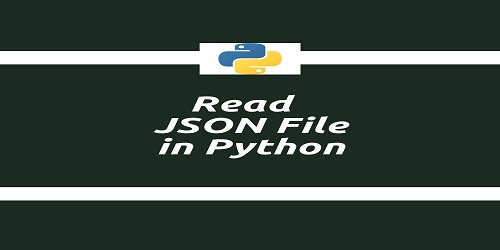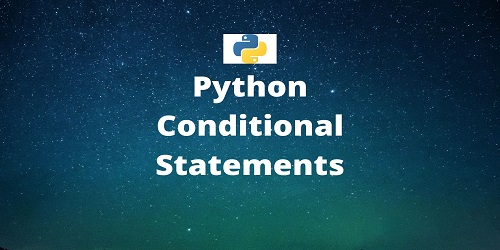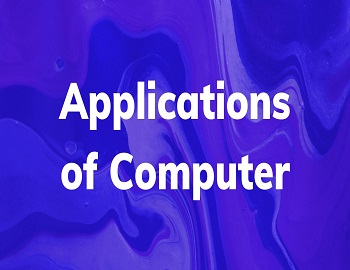Careers in Information Technology:
Information Technology as the name suggests deals with the technology used to handle information. It concerns with the storage, communication, and processing of information. This information could be about railway reservations, banks, weather information, a list of SARS-affected persons all over the world, etc.
Macmillian Dictionary of Information Technology defines IT as the acquisition, processing, storage, and dissemination of vocal, pictorial, textual, and numerical information by a micro-electronics-based combination of computing and telecommunications.
According to UNESCO, Information Technology may be defined as the scientific, technological, and engineering disciplines and the management techniques used in information handling and processing information, their applications; computer and their interaction with man and machine, and associated social, economic, and cultural matters.
The fast spread of Information Technology has created new employment opportunities. The need for professionals to have sound technical knowledge as well as good communication and interpersonal skills has been increasing. Some of the career opportunities that are available in the IT industry are given below-
(1) Programmer- A programmer is a person responsible for writing code for a computer program that performs a specified task. In order to perform his job effectively, he should have sound knowledge of one or more programming languages such as C, C++, C#, Python, Java, JavaScript, HTML, CSS, etc.
(2) Network Administrator- A network administrator is a person responsible for the installation and maintenance of hardware and software that make up a computer network. Network hardware includes specialized network devices such as switches, routers, hubs, firewalls, adaptive security appliances, wireless access points, and voice-over-IP (VoIP) phones. Network Software comprises the various operating systems installed on those hardware devices, the protocols to communicate over the network, and the applications. Network administrators may be responsible for installing, configuring, and maintaining such software. Network administrators may be responsible for installing, configuring, and maintaining such software. Network administrators may also require securing the network; this task may be accomplished in conjunction with other IT personnel such as system administrators.
(3) System Administrator- They are responsible for the installation and maintenance of the resources on the network. The system administrator’s role covers hardware, software, and system configuration. Computers might include mainframes, minicomputers, and personal computers, as well as network servers. The system administrator should also be familiar with multiple operating systems as it is likely that the organization has computers of several platforms. System Administrators may be involved with application development and deployment, system security, and reliability, and have to work with networked file systems.
(4) Project Manager- A project manager is a person responsible for leading a team for developing software. He is mainly responsible for planning and sequencing the software development activities, estimating time and cost, scheduling, managing the resources properly, etc., in order to complete the project on time and within the allocated budget.
(5) Software Tester- A software tester is a person responsible for testing the software before delivering it to the client. He is responsible for designing enough test cases and testing the software from every aspect in order to reduce the chances of software failure at the client’s end.
(6) Hardware Engineer- A hardware engineer is a person responsible for installing, configuring, and testing computer hardware and communication devices. He is also responsible for upgrading the hardware components as and when required.
(7) Database Administrator- They have a long list of important responsibilities, but with a focus on the design, development, and support of database management systems (DBMSs). Tasks will include installation, maintenance, performance analysis, and troubleshooting as with the other administrative areas. He is also responsible for preventing unauthorized access to the database. For this, he creates user accounts and grants them the required permissions so that every user has access to the portion of the database that he requires to perform his job effectively.
(8) Technical Writer- A technical writer is a person for creating content of a user manual that guides how to use a hardware or software component.
(9) Web Developer- A web developer is a person responsible for designing, developing, and maintaining a website for an individual or organization. He is also responsible for all the technical aspects of the website including its performance (accessing speed) ad the way users navigate through it.









Comments (No)